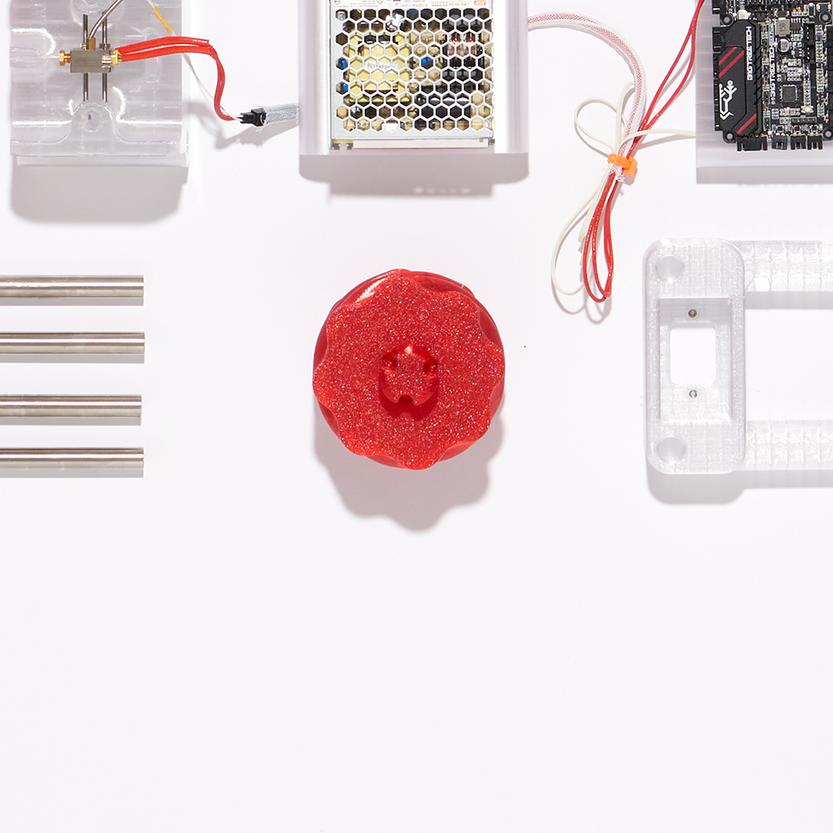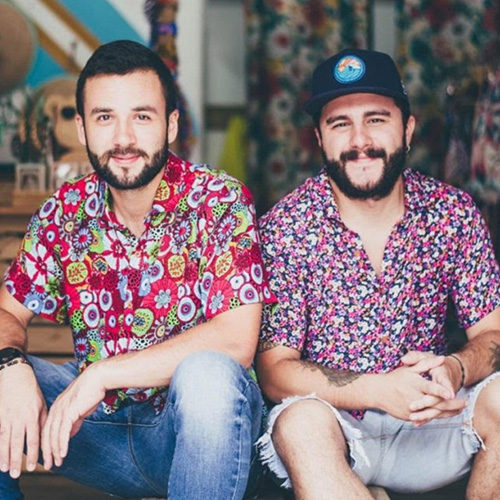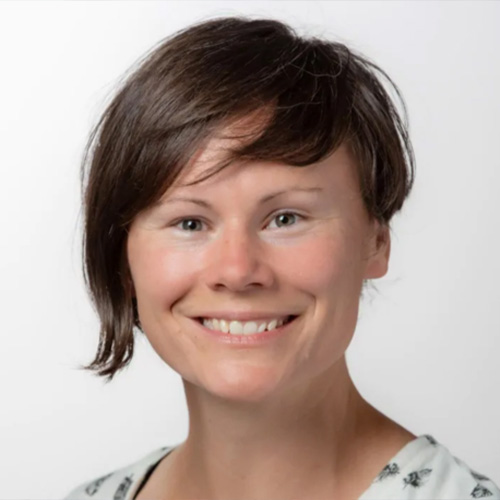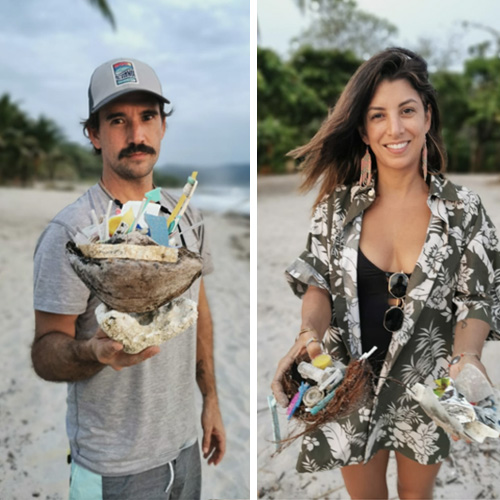
Through his work with Marble Plastics and Precious Plastic, Joseph Klatt reveals how open-source innovation and community power are transforming plastic recycling worldwide, empowering local entrepreneurs to turn environmental challenges into opportunities for positive change.
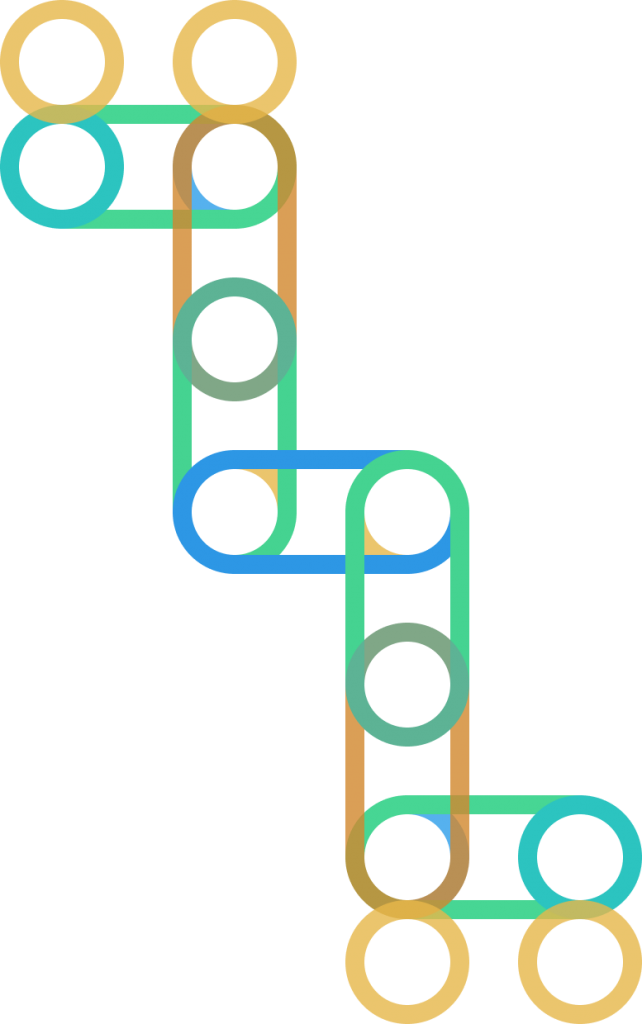
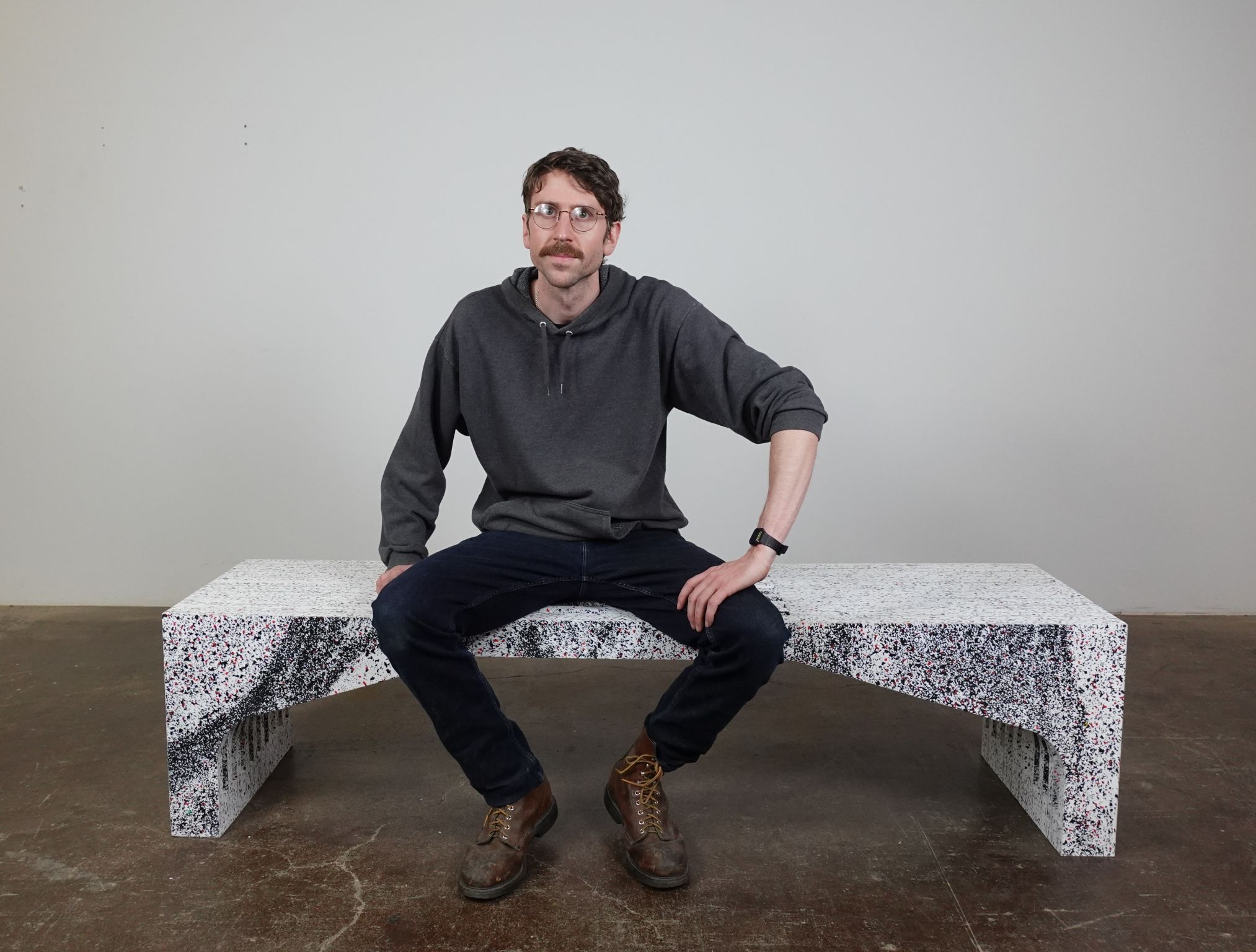
In an era of global environmental challenges, grassroots innovation offers a beacon of hope. The Precious Plastic movement, where Joseph Klatt spent four transformative years, demonstrates how community-driven approaches can revolutionize our approach to waste.
The birth of a movement
What began as a design school project by Dutch designer Dave Hakkens in 2012 evolved into a worldwide community tackling plastic waste. As Joseph explains: “He had done some travels in Southeast Asia, saw a lot of the plastic waste on the beaches and polluting the environment. And he wanted to make a project that would help address that problem.”
The gap Hakkens identified was accessibility to recycling technology. Most plastic recycling machinery was large-scale and expensive, putting it out of reach for many communities. His solution? Design open-source machines that people could build themselves.
Democratising plastic processing
“The whole idea was to create a community around the people who were creating these small micro enterprises, building machines and then starting to process the waste,” Joseph reflects. This approach challenged the traditional model of plastic recycling as the exclusive domain of large industrial facilities.
The impact was transformative. By providing open-source designs for small-scale plastic recycling machines, Precious Plastic empowered individuals and small enterprises worldwide to take action. “When I entered, which is about 2018, I’d say it was pretty widespread. It changed a lot about how people thought about plastic as a material.”
Global reach, local impact
The movement spread organically across continents, from Southeast Asia to Africa. Joseph’s role allowed him to witness this expansion firsthand: “We would install some of our machines and train people on how to use them so they could start recycling plastic waste locally into new products.”
This hands-on experience provided crucial insights into the challenges and opportunities of small-scale recycling: “I really, really learned about plastics and saw the vast variety of plastics that are out there, the problems that come with sorting, collection sorting, washing, and reprocessing them into new products.”
Building networks of hope
The power of the movement lay in its collaborative nature. Through online platforms including a global map of micro-enterprises and a vibrant Discord community, Precious Plastic created connections that transcended geographical boundaries.
“Tons of connections have been made through that map,” Joseph notes. “There’s also a how-to platform where you can add different how-to guides for if you figure something out about how to process waste into making a new product or to make a new machine.”
From education to action
The initiative served a dual purpose: practical recycling solutions and educational impact. “It’s done, it’s sort of half education, half actual recycling,” Joseph explains. “The education part is about changing people’s perception of plastic as a material so that they don’t think about it as a single-use item.”
The power of starting small
For individuals feeling overwhelmed by environmental challenges, the Precious Plastic model offers an actionable path forward. As Joseph advises: “If you’re interested in getting into starting an enterprise or a project around plastic waste, the Precious Plastic website is a great place to start and just try to understand what the landscape looks like.”
Creating lasting change
The impact of this grassroots approach extends beyond immediate waste reduction. It’s about creating sustainable, community-driven solutions that can adapt and grow. Joseph reflects, “If you’re able to find your niche and do the good work that you can within that niche and knowing that there’s many other people around the world that feel similarly to you, then hopefully, obviously adding those all up together can make a large impact.”
Looking forward
The success of Precious Plastic demonstrates that meaningful environmental change doesn’t always require massive infrastructure or millions in funding. Sometimes, it starts with a simple idea, shared freely, that empowers communities to take action.
The movement continues to evolve, inspiring new initiatives like Joseph’s current venture, Marble Plastics. It stands as a testament to the power of open-source innovation and community collaboration in addressing global environmental challenges.
As we face increasing environmental pressures, the Precious Plastic model offers valuable lessons about the power of grassroots innovation, the importance of knowledge sharing, and the vital role of community in creating sustainable change.
LOOKING FOR MORE INSPIRATION?
Joseph Klatt’s work with Marble Plastics and Precious Plastic is a testament to the power of innovation and collaboration in tackling some of the most complex global challenges. To hear more about his insights and solutions for circular design, check out the full conversation on the adaPETation® Podcast.
Your support can usher in a new era where plastic, once the problem, becomes an integral part of the solution.
Share it
Useful Links
THE HISTORY OF PLASTIC
Throughout the history of plastic, PET has been crucial in keeping food fresh with lightweight and durable packaging solutions that have helped reduce food waste for almost a century. Learn all about the invention of plastic and the important role it has played feeding people and saving the lives of humans and elephants in the adaPETation® timeline of the history of plastic.

